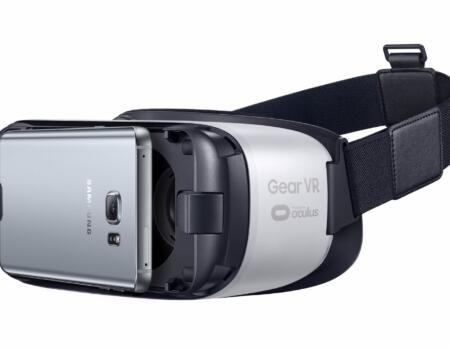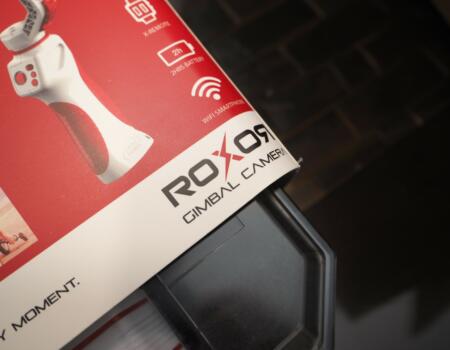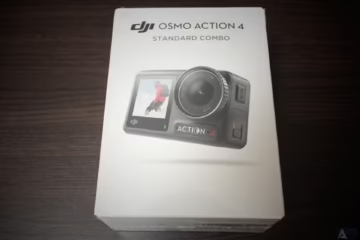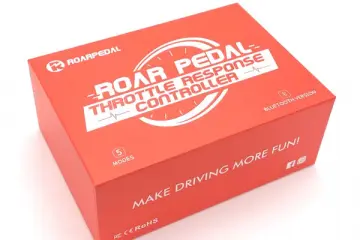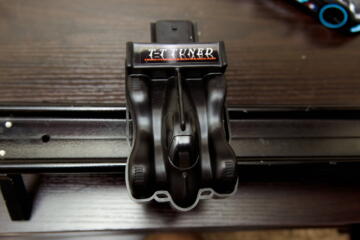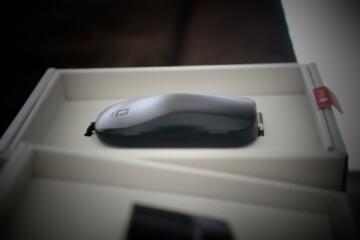Hands on Review of the Denon MC4000
Denon MC4000
Intro

| The Denon MC4000 is the first controller to be released by the recently acquired Denon DJ. This model is completely redesigned but could possibly be considered as the spiritual successor of the now discontinued MC3000. The MC4000 is a Serato DJ compatible unit that ships with Serato Dj Intro and at the time of this review also includes a 50% discount off the regular price of the Pro version of the popular mixing software. This unit is very well built and has enough inputs and outputs to satisfy even the most demanding DJ. This controller is built to be portable and seems to be designed with the mobile entertainer in mind. It does lack some advanced features of flagship controllers such as the DDJ-SZ/RZ but for those needing that level of performance the MCX8000 should be right up your alley.
Design

The Denon MC4000 features a metal chassis with a plastic base. The Jog Wheels seem to be roughly the same size as the Numark NV and are about 5 inches in diameter. The capacitive platters are perfect for scratching if you need that capability and there is no play whatsoever when pressing on the wheels. The MC4000 features all the typical bells and whistles you would find in a controller at this price point. There is a 2 channel mixer, dual balanced mic inputs, balanced XLR main, 1/4 inch TS booth and unbalanced RCA outputs. The controller has a number of drum pad style buttons similar to those you would find on an MPC, combine those with the plethora of function knobs available on the device and you will be able to control a variety of functions in your favorite Pro DJ software. The officially supported programs are Serato DJ (of course), VDJ Pro, Algoriddim, and Traktor DJ (with the downloadable TSI file). The build quality of this device is exceptional for this price range and will not disappoint. For all the specs of the MC4000 please scroll down to the bottom of our review.
Usage

Using the Controller was a breeze. My preferred DJ program is Traktor Pro but I decided to purchase Serato DJ Pro with the included discount code. I was not impressed at all with Serato, I have a custom built setup with all the hardware that I prefer to use to DJ. The main one being my Sound Blaster Omni Surround 5.1. This card and the cheaper X-Fi model have the best low latency performance I have seen in a USB device and although I haven’t performed any scientific tests I have set all my ASIO applications to 1ms and have no latency issues whatsoever. No clicking, popping or cutting out of audio…..nothing! So, I was sorely disappointed when I opened up Serato and there was no sound. I checked the settings of the software and saw that there was no option to change the default audio device. This is actually normal with Serato since it will only work with “Serato ready” devices.
 I will do a “Traktor vs Serato” blog post in the near future. With Serato not playing nice with my hardware, I decided to open up Traktor and import the TSI that I downloaded from the Denon DJ site. Once I got all my settings right I was on to do some quick juggling on the decks. This controller is one of the better controllers I’ve used and is leagues ahead of the Behringer CMD Studio 4a it replaces. The controller is just solid, the textures on the buttons and encoders are very pleasing to the touch and make you want to mash buttons and twist knobs all day. I don’t have much need for all the input options of the device at the moment since I have a dedicated mixer, but if you are a mobile DJ the additional connections are a godsend and negate the need to carry an additional mixer to your gigs. Since we are on the topic of the mixer. If you ever run into a situation where your laptop crashes or needs to be rebooted there is one feature of the MC4000 that will buy you some time. The built-in AUX input functions independently of your computer, meaning that, if need be, you can quickly throw some tunes on via a phone or other playback device from your emergency DJ toolkit while you get your laptop back up and running.
I will do a “Traktor vs Serato” blog post in the near future. With Serato not playing nice with my hardware, I decided to open up Traktor and import the TSI that I downloaded from the Denon DJ site. Once I got all my settings right I was on to do some quick juggling on the decks. This controller is one of the better controllers I’ve used and is leagues ahead of the Behringer CMD Studio 4a it replaces. The controller is just solid, the textures on the buttons and encoders are very pleasing to the touch and make you want to mash buttons and twist knobs all day. I don’t have much need for all the input options of the device at the moment since I have a dedicated mixer, but if you are a mobile DJ the additional connections are a godsend and negate the need to carry an additional mixer to your gigs. Since we are on the topic of the mixer. If you ever run into a situation where your laptop crashes or needs to be rebooted there is one feature of the MC4000 that will buy you some time. The built-in AUX input functions independently of your computer, meaning that, if need be, you can quickly throw some tunes on via a phone or other playback device from your emergency DJ toolkit while you get your laptop back up and running.
Summary

If you’ve read any of my other reviews you will see that I try not to oversell a product. The fact of the matter is that any hardware or software that you choose will be solely based on your preference. Some DJ’s swear by Serato, some prefer Traktor, you maybe a Pioneer fanatic or you may just want something basic to mix on. Either way the MC4000 will not disappoint. With a solidly built frame, inputs, outputs, and controls that can pretty much cover any DJ’s requirements, one would be hard pressed to find something else in this price range that can compete. I own a few inMusic products and I’m happy with all of them. If the MC4000 and the upcoming MCX8000 are any indication, I would say that the future of Denon DJ looks very bright indeed. You can find more information on the MC4000 Product page here.
Click the image below to

 Get your own MC-4000
Get your own MC-4000
Specifications
USB Audio / MIDI Interface
- USB 2.0
- Sampling Rate: 44.1, 48 kHz (0 channels in, 4 channels out)
- Bit Depth: 24 bit
Frequency Response:
- 20 Hz – 20 kHz (+1.0 dB)
Dynamic Range:
- Digital-to-Analog Converter: > 112 dB (A-weighted)
- Total: > 105 dB (A-weighted)
Signal-to-Noise Ratio:
- > 88 dB, A-weighted
Headroom:
- Aux Input: > 17 dB
- Mic Input: > 20 dB
- Outputs: > 20 dB
THD+N:
- < 0.01% (1 kHz at unity)
Channel Separation:
- < -80 dB (1 kHz at unity)
Analog Input:
- Microphone: -60 dBu (minimum), -40 dBu (unity)
- Aux: +17 dBV (maximum), 0 dBV (unity)
Analog Output:
- Master (XLR): +24 dBu (maximum), +4 dBu (unity)
- Master (RCA): +19 dBu (maximum), 0 dBu (unity)
- Booth: +24 dBu (maximum), +4 dBu (unity)
- Headphone: > 100 mW at 40 Ω
Microphone Input:
- Equivalent Input Noise: < -116 dBu (Rs = 150 Ω, DIN)
- Common Mode Rejection Ratio: > 75 dB
Microphone Effects:
- Talkover: -20 dB attenuation, 40 ms attack time, 250 ms hold time, 100 ms release time
- Echo: 199 ms rate, -6 dB feedback, -∞ to 0 dB range (-9 dB center)
- EQ: +15 dB high band (1 kHz cutoff), +15 dB low band (1 kHz cutoff)
Unit Size:
- 19.9 (W) x 12.3 (D) x 2.7 (H) (Inches)
- 505 (W) x 312 (D) x 69 (H) (Millimeters)
Unit Weight:
- 8.95 lbs
- 4.06 kg
Unit Weight with Carton:
- 13.22 lbs
- 6.0 kg
Discover more from Akiatech Solutions Blog
Subscribe to get the latest posts sent to your email.




